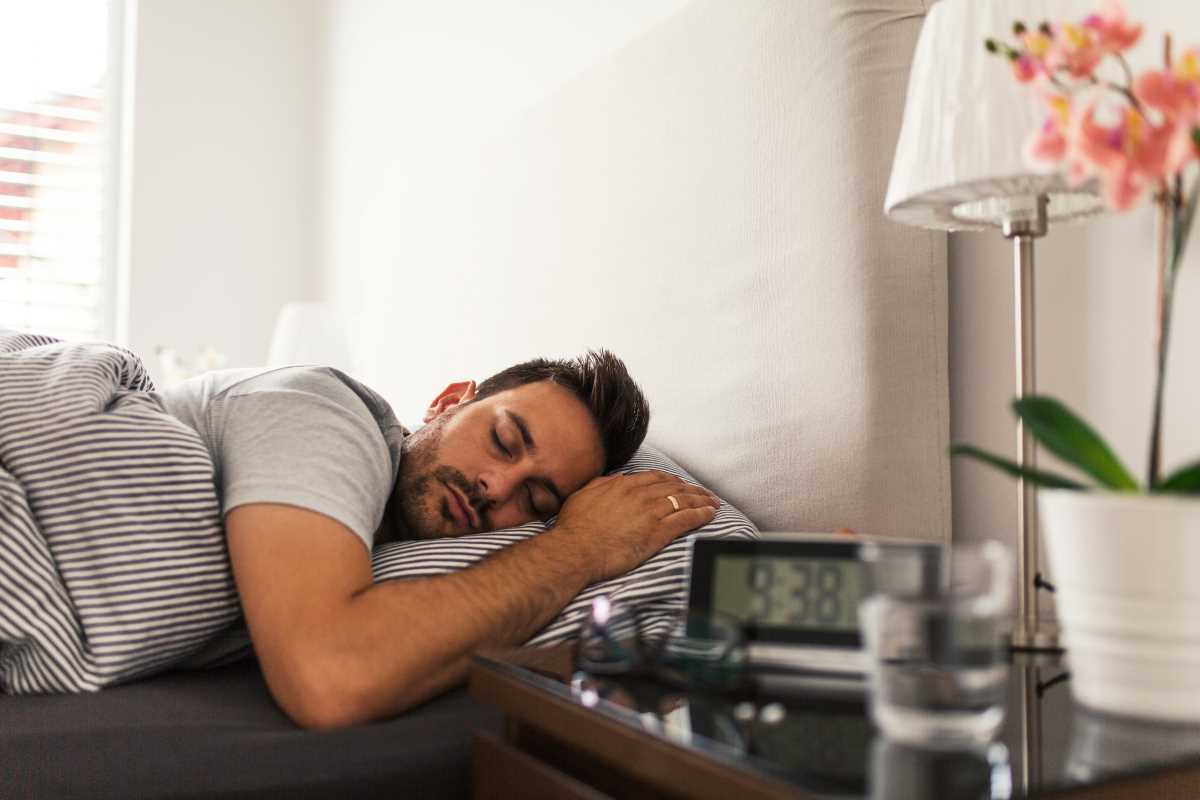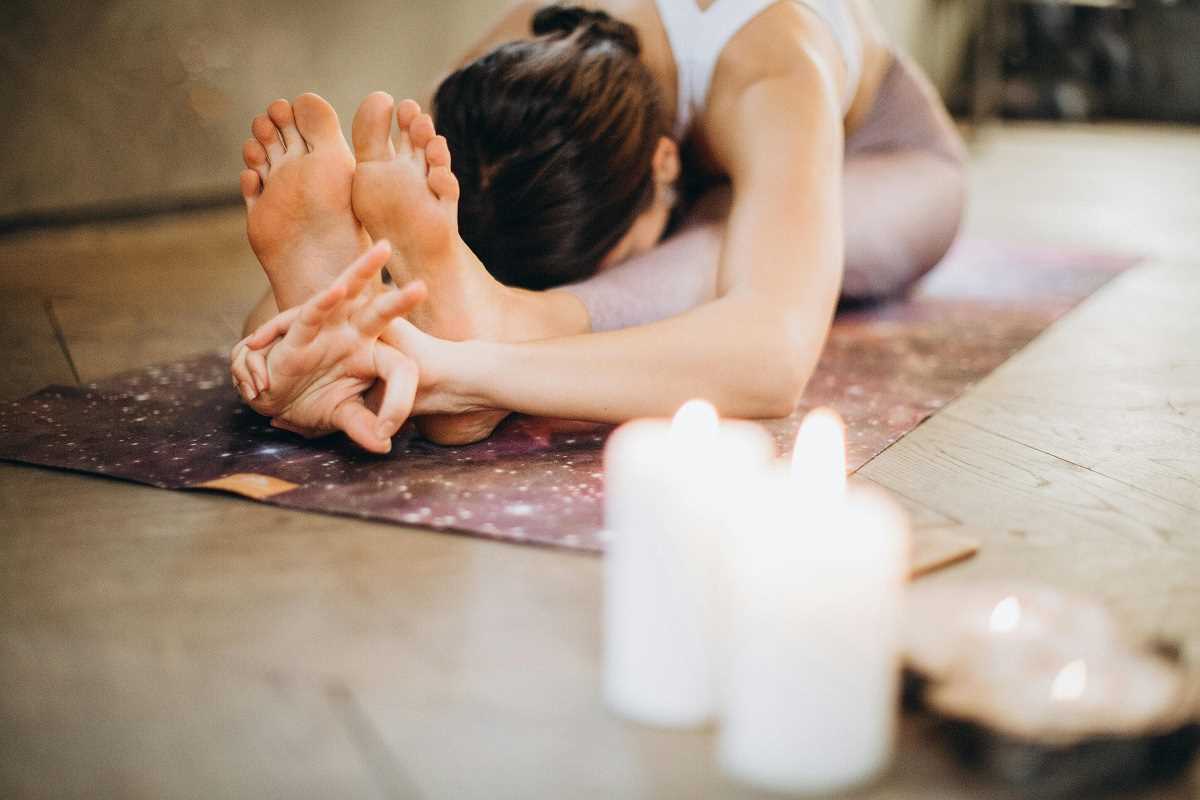If you’re tossing and turning at night, your mind might naturally drift to questions about your evening habits. But what if the secret to better sleep wasn’t about what you do right before bed—but instead, what you do after you wake up?
A growing body of research and expert insight suggests that your morning routine plays a crucial role in setting the stage for high-quality sleep come nightfall.
For busy professionals balancing work responsibilities, personal goals, and maybe even a hint of sleep anxiety, the concept of improving your evenings by tweaking your mornings is both intriguing and doable. Here’s how establishing a solid morning routine might be the missing link in your quest for better sleep.
How Your Morning Feeds Your Sleep Cycle
At the heart of the connection between mornings and nights is your circadian rhythm. This internal body clock regulates your sleep-wake cycle, influencing everything from when you feel alert to when your body is ready to rest.
Morning habits can either strengthen or disrupt this rhythm, so what you do right after waking can ripple into how well you sleep later.
The goal is to give your body clear signals about when to wake up and when to wind down. A consistent morning routine—particularly one that includes exposure to natural light, movement, and planning—acts as an anchor, keeping your body's clock in sync with the natural day-night cycle.
Morning Habit #1: Get Some Sun
Natural light exposure in the morning is one of the most powerful tools for regulating your sleep-wake cycle. When sunlight hits your eyes, it signals your brain to stop producing melatonin, the hormone that makes you feel sleepy. This not only helps you feel more awake and alert during the day but also establishes a clear line between day and night in your circadian rhythm—leading to improved melatonin production in the evening when it’s time for bed.
- Try to spend at least 10–20 minutes outside in the morning, whether it’s sipping coffee on your balcony, taking a brisk walk, or stepping into your backyard.
- Even on cloudy days, natural light is far more effective at setting your internal clock than indoor lighting.
If your mornings are too hectic or your schedule keeps you inside early on, consider a light therapy box. These mimic the effects of sunlight and can be especially helpful during darker winter months when daylight can be in short supply.
Morning Habit #2: Stick to a Regular Wake-Up Time
Consistency is a major factor in good sleep, and that applies not just to bedtime but also to wake-up time. Sleeping in on weekends may feel like a reward, but it can throw your body off rhythm and cause "social jetlag," making Sunday and Monday nights restless.
- Waking up at the same time every day, even on weekends, trains your body to follow a predictable cycle.
- Over time, this can lead to waking up naturally and feeling more rested in the morning, instead of trying to drag yourself out of bed half-dazed.
If you find it challenging to wake up at the same time daily, start small by setting your alarm for a consistent time Monday through Friday to build the habit. Over time, you can work on extending that routine into the weekends. And if you must sleep in, try not to stray more than an hour from your usual wake-up time.
Morning Habit #3: Move Your Body
Exercise at any time of day is great for sleep, but morning movement has unique benefits. Physical activity in the early part of the day not only jump-starts your metabolism but also signals to your body that it’s time to be awake and active.
Exercise reduces stress hormones like cortisol, replacing that tension with a feeling of calm and focus. It also slightly raises your core body temperature, which drops later in the day, helping create the conditions for restful sleep.
Morning exercise doesn’t have to look like a two-hour gym session. Whether it’s a short yoga practice, a 20-minute jog, or even a walk around your neighborhood, the key is consistency. Incorporating movement into your morning routine can enhance your overall energy levels during the day and make your evenings more peaceful.
Morning Habit #4: Slow Down
For many of us, morning often means rushing to get out the door or starting work tasks before we’ve even brushed our teeth. This sense of urgency can spill over into the rest of the day, leaving us wired but tired when night rolls around.
Taking a few minutes to slow down in the morning can shift you into a calmer, more focused mental state. Whether it’s a short meditation, journaling your intentions for the day, or simply sipping coffee in silence, this intentional start helps reduce stress, which is a common culprit in poor sleep.
This lets you approach the day with a clear, grounded perspective. Lowering stress levels in the morning builds a foundation for unwinding later and can help strengthen the mental and emotional cues that bedtime is coming.
Tips for Building a Sustainable Morning Routine
If you’re not already a morning person, adding new habits to your wake-up routine can feel daunting—but it doesn’t have to! Here’s how to approach it in a way that’s realistic and sustainable for your lifestyle:
Start Small and Build Gradually
Don’t overhaul your entire morning routine all at once. Focus on a single habit, such as going outside for sunlight or journaling for five minutes. Once that becomes second nature, layer in another habit.
Prepare the Night Before
Mornings are smoother when you don’t start behind. Set out workout clothes, prep ingredients for breakfast, or plan your outfit before bed. Simplifying morning decisions allows you to focus on your new habits instead of feeling frantic.
Be Consistent but Flexible
Life happens, and some mornings won’t go according to plan—and that’s okay. The important thing is consistency over time, not perfection. Do your best to stick with your morning routine, but don’t stress if occasional interruptions occur.
Notice the Connection
Keep track of how your morning routine impacts your evenings. Does sunlight exposure boost your mood during the day? Does exercising reduce those restless nights? Observing these links can help reinforce the significance of your morning habits.
A good morning routine doesn’t just set the tone for your day; it helps align your body’s internal rhythms, making it easier to fall asleep and wake up refreshed.
 (Image via
(Image via





